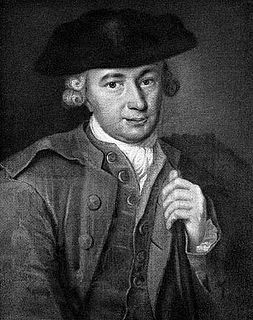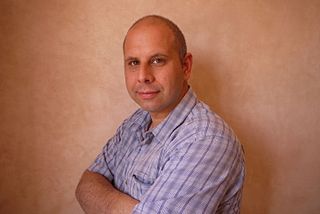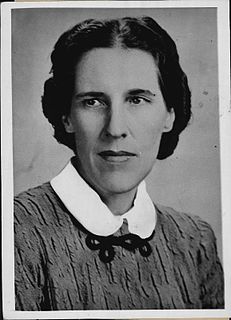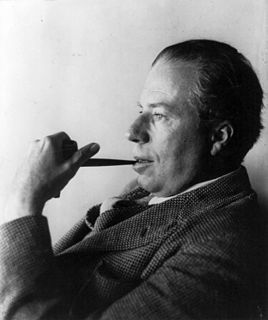A Quote by Johann Georg Hamann
The product of paper and printed ink, that we commonly call the book, is one of the great visible mediators between spirit and time, and, reflecting zeitgeist, lasts as long as ore and stone.
Related Quotes
A book is not necessarily made of paper. A book is not necessarily made to be read on a Kindle. A book is a collection of text, organized in one of a variety of ways. You could say that words printed on paper and bound between cloth covers will someday be obsolete. But if and when that day comes, there will still be a thing called books.
Once in a very long time you come across a book that is far, far more than the ink, the glue and the paper, a book that seeps into your blood. With such a book the impact isn't necessarily obvious at first...but the more you read it and re-read it, and live with it, and travel with it, the more it speaks to you, and the more you realize that you cannot live without that book. It's then that the wisdom hidden inside, the seed, is passed on.
In a world of intrusive technology, we must engage in a kind of struggle if we wish to sustain moments of solitude. E-reading opens the door to distraction. It invites connectivity and clicking and purchasing. The closed network of a printed book, on the other hand, seems to offer greater serenity. It harks back to a pre-jacked-in age. Cloth, paper, ink: For these read helmet, cuirass, shield. They afford a degree of protection and make possible a less intermediated, less fractured experience. They guard our aloneness. That is why I love them, and why I read printed books still.
Beware of books. They are more than innocent assemblages of paper and ink and string and glue. If they are any good, they have the spirit of the author within. Authors are rogues and ruffians and easy lays. They are gluttons for sweets and savories. They devour life and always want more. They have sap, spirit, sex. Books are panderers. The Jews are not wrong to worship books. A real book has pheromones and sprouts grass through its cover.
I was given some designer colors for ink pens a long time ago and I haven't used them, and I have some handmade paper, and I just have the desire to drip on wet paper. It reminds me of when I was seven years old and had my tonsils out, and one of the first artworks I made was on toilet paper with a colored pencil; it was sort of half paint and half colored pencil. But I got very involved with color and absorption and I think, you know, 78 is a good time to go back to the beginning.






































